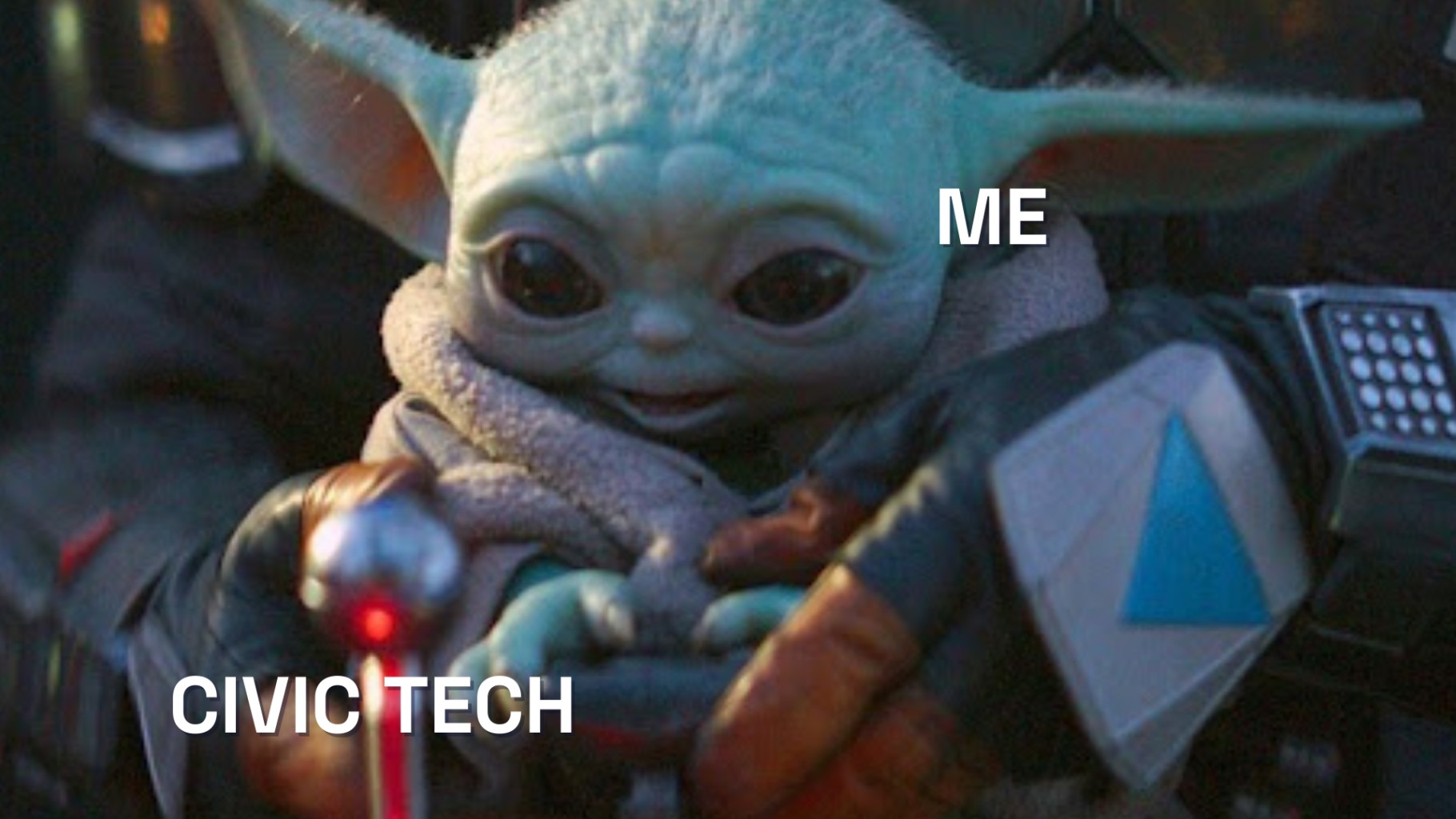Civic technology, often shortened to “Civic Code,” is rapidly transforming how citizens interact with their governments and communities. This guide demystifies the concept, exploring its core principles, applications, and the global community driving its evolution.
Understanding the Essence of Civic Code
At its heart, civic code leverages technology to address societal challenges and promote the public good. This encompasses a wide range of digital tools, from apps that streamline access to government services to platforms that facilitate citizen participation in decision-making processes.
But civic code is more than just the technology itself; it’s about the collaborative process of creating and implementing these tools. It’s about ensuring that the needs of the community are at the forefront of development, and that the people who will use the technology are actively involved in its creation. This people-centric approach is what truly distinguishes civic code. As Lorin Camargo, Co-Director of Code for All (CfAll), emphasizes, “It’s about the process through which these tools are created. One important element of the process…is that the people who will be using the tool must be involved in its creation.”
Civic Code: Beyond the Tech
A common misconception is that civic code is solely the domain of tech experts. In reality, it’s a diverse movement encompassing individuals with a wide range of skills and backgrounds. Community organizers, designers, policymakers, and everyday citizens all play crucial roles in identifying needs, developing solutions, and fostering adoption. As Veronica Young and Zach Antonyan, former members of Code for America, aptly stated: “It doesn’t mean rooms full of engineers and designers…People in technical roles are an invaluable part of the equation, but so are the community organizers who identify the community needs in the first place.”
The power of civic code lies in its ability to unite people from diverse backgrounds around a common goal: improving their communities. This collaborative spirit is exemplified by organizations like Code for All.
Code for All: A Global Hub for Civic Code
Code for All is a global network of civic tech organizations working to empower citizens and promote more open, democratic, and equitable governance. By connecting organizations across six continents, CfAll facilitates the sharing of knowledge, best practices, and resources, enabling the replication of successful civic code solutions worldwide.
Code for All is composed of 30+ organizations across the world.
CfAll serves as a testament to the global reach and impact of civic code, demonstrating how technology can be harnessed to address shared challenges and build a more connected world.
Exploring the Civic Code Landscape
For those eager to delve deeper into the world of civic code, numerous resources are available: The Civic Tech Field Guide provides a comprehensive overview of the field, while organizations like Code for America and Code for Germany offer insights into local initiatives.
Past Code for All Summits also offer a wealth of information through recordings of panels, workshops, and presentations available on their YouTube channel.
Embracing the Future of Civic Engagement
Civic code is not just a technological trend; it’s a powerful movement reshaping the relationship between citizens and their governments. By understanding its principles and engaging with its community, we can all contribute to building a more participatory and equitable future. Join the conversation on the Code for All Slack channel to connect with others passionate about civic code and its potential.
